The political landscape ahead of the elections on November 30.
The political landscape ahead of the elections on November 30.
One of the most rewarding and gratifying things about writing is the exchange with readers. Every week, I receive an average of around 80 messages with opinions, reflections, or simply acknowledgments, almost always expressing satisfaction. All of this makes me happy and motivates me to work harder to do even better.
Occasionally, messages are accompanied by proposed topics or issues that readers believe should be covered, almost always driven by the urgency generated by international dynamics, but it’s impossible to address all the proposals. Ultimately, I only publish one article a week. Recently, some friends convinced me to get involved in the audiovisual space, which allows me to broaden my research perspectives.
I always try to strike a balance between structural analyses of the international system, historical studies, the commemoration of important dates, and analyses of the current situation, among others. The latter are quite difficult to undertake because it is still daring to assume that one can handle the current situation of each country with the precision and certainty that would help form a complete opinion of the particularities that each one entails.
This time, I’ve taken on that responsibility. Several readers have asked me to offer an opinion on the pre-election situation in Honduras and its prospects. I try to avoid talking about Honduras; I find it very difficult to obtain reliable information about what’s happening there. It even seems that Hondurans themselves don’t like to talk about their country. I always say that, along with Venezuela, Honduras is the country I find most difficult to decipher in Latin America.
But out of respect for the readers who write to me and have requested it, I’ve decided to take on the challenge. I’ve had invaluable help from some friends in the Central American country who have provided valuable perspectives. I hope to overcome this obstacle.
There is a significant asymmetry among the presidential candidates. Candidate Rixi Moncada of the Liberty and Refoundation Party (LIBRE), currently in power, is far superior to her four opponents in terms of qualifications and experience. She champions a resolute anti-oligarchy rhetoric.
Among the five existing candidates, only three have a realistic chance of winning: the LIBRE candidate, Nasry Asfura of the National Party (PN), and Salvador Nasralla of the Liberal Party (PL).
The PN is linked to the dictatorship of Juan Orlando Hernández, who was extradited and is currently imprisoned in the United States for drug trafficking along with other former leaders of that party. This has caused it to lose much of its credibility in the country after it co-governed with the PL under the long-standing two-party system that controlled Honduras for decades.
For its part, the PL, currently led by Nasralla, participated in the coup against President Manuel Zelaya in 2009, managing to unite conservative and some progressive sectors around him. However, after the constitutional reform was interrupted, the progressive sectors abandoned the party, which adopted an openly conservative policy. It should be noted that Nasralla comes from the world of television and showbiz and only entered politics after the coup.
In 2011, he founded the Anti-Corruption Party (PAC) and participated in the 2013 elections, taking advantage of the disenchantment with politics among conservative sectors. He intended to compete with the left for leadership in the fight against Hernández, but the PN won the 2013 elections and remained in power until 2022, following massive electoral fraud in 2017.
In this situation, Nasralla and LIBRE formed an alliance for the 2017 elections against Hernández’s authoritarian and corrupt government. Following strict electoral criteria, he again established an agreement with LIBRE and was nominated as the first presidential designate (Vice President), winning in 2021 and taking office in 2022. However, after this victory, he went to the United States, where he obtained support from both established parties on the condition that he break with LIBRE and Zelaya. In this context, he joined the opposition and is currently a candidate for the PL.
In the current elections, it appears that the main power struggle is shifting toward the National Congressional seats and municipal mayoralties. Learning from the past, LIBRE has taken precautions in electoral matters, especially in the management of electronic vote counts, and has conducted a detailed study to organize a proper distribution of its voters with the goal of avoiding fraud, always acting within the framework of the law and appealing to the exercise of public awareness. In this situation, it is expected that this time, candidate Moncada’s majority vote will correspond proportionally to the votes cast for the seats in the deputies and mayoralties. This, which seems normal in any country, never occurred in the past in Honduras.
If this were to materialize, unlike the previous election, Rixi Moncada could have a parliamentary majority with LIBRE at the helm, winning in the majority of municipalities. This circumstance stems from the enormous weight of the current national government’s administration, which has been directed toward the most vulnerable and unprotected territories, which have suffered decades of neglect. These territories are home to historically forgotten, low-income groups who now vote for LIBRE.
The idea persists in LIBRE that there can be no triumphalism. There are polls and surveys that place the Liberal Party as the second force, lagging and even distantly behind the National Party, although the reality is the opposite. While the Liberal Party is severely battered and fractured and risks disappearing in this election, the National Party, despite all the corruption scandals and ties to drug trafficking, still retains a hard core among the population and a strong structure nationwide. Behind the creation of this “bubble” are the media outlets that have aligned themselves around Nasralla and are working to create a perception of him as a victor among the electorate.
For his part, Asfura is playing it cool. It seems clear that he’s not seeking the Presidency of the Republic, but rather to protect the National Party from the electoral debacle from which the Liberal Party and its strident candidate will not be spared. To that extent, the PN has decided not to join forces with the PL against LIBRE, hoping to survive and relaunch itself with a new electoral platform in four years, trying to free itself from its ties to drug trafficking.
However, although it has not been confirmed, there are rumors that Asfura may be ill because his election campaign has lagged in intensity despite having the enormous financial and material support of the powerful Palestinian-born business community, the largest in the country.
At this juncture, the US embassy finds itself in a dilemma. On the one hand, it doesn’t want to get involved with the Nationalist Party (PN), which is linked to drug trafficking, nor with the PL, which has no chance of winning. And it isn’t in its plans to support LIBRE due to the significant differences they have. However, they have taken note that LIBRE is a party with a consolidated project that has resonated with the Honduran people despite the strong and ongoing media attacks. Thus, the United States doesn’t have a strong candidate, but given the current situation, it has felt “forced” to support Nasralla, who has also received support from de facto business groups.
Nasralla travels once a month to the United States, where he meets with members of Congress from both parties, especially the powerful Cuban-American lobby, which is now strengthened by Marco Rubio’s presence in the Department of State and the National Security Council.
US congressmen are openly interfering in Honduras’s internal affairs, while the country’s economic weakness and its strong ties to Washington, inherited from the past, prevent the government from providing a decisive response. However, it should be noted for the analysis that the right—both those grouped around the PL and the PN—although it has no political project for the country and only exists thanks to the extensive support of the United States, the financial backing of large national businesses and drug trafficking (as far as we know, at least in the recent past), and the sponsorship of the media, remains an actor that cannot be underestimated.
Despite this, given the current presence of U.S. military vessels in the Caribbean Sea, President Xiomara Castro has firmly rejected this U.S. policy and has unrestrictedly supported Venezuela, which has earned her strong attacks from the media and attempts to link former President Zelaya to drug trafficking.







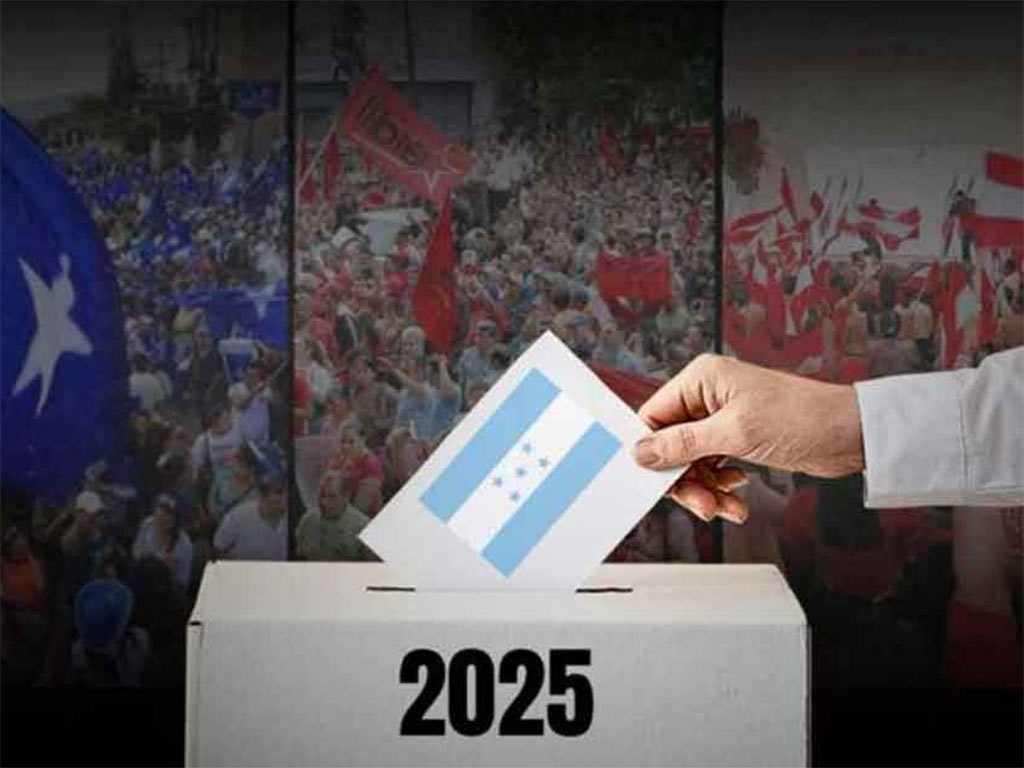
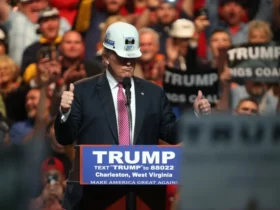
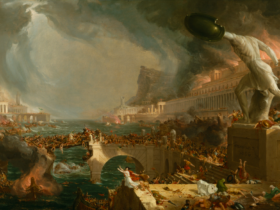
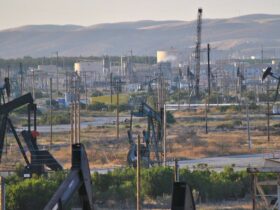
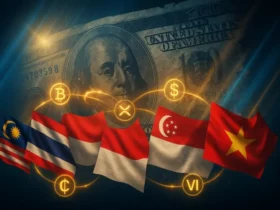
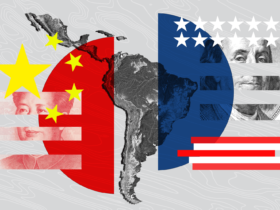


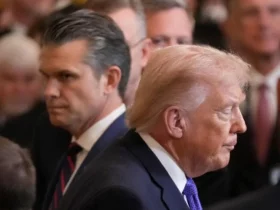

Leave a Reply